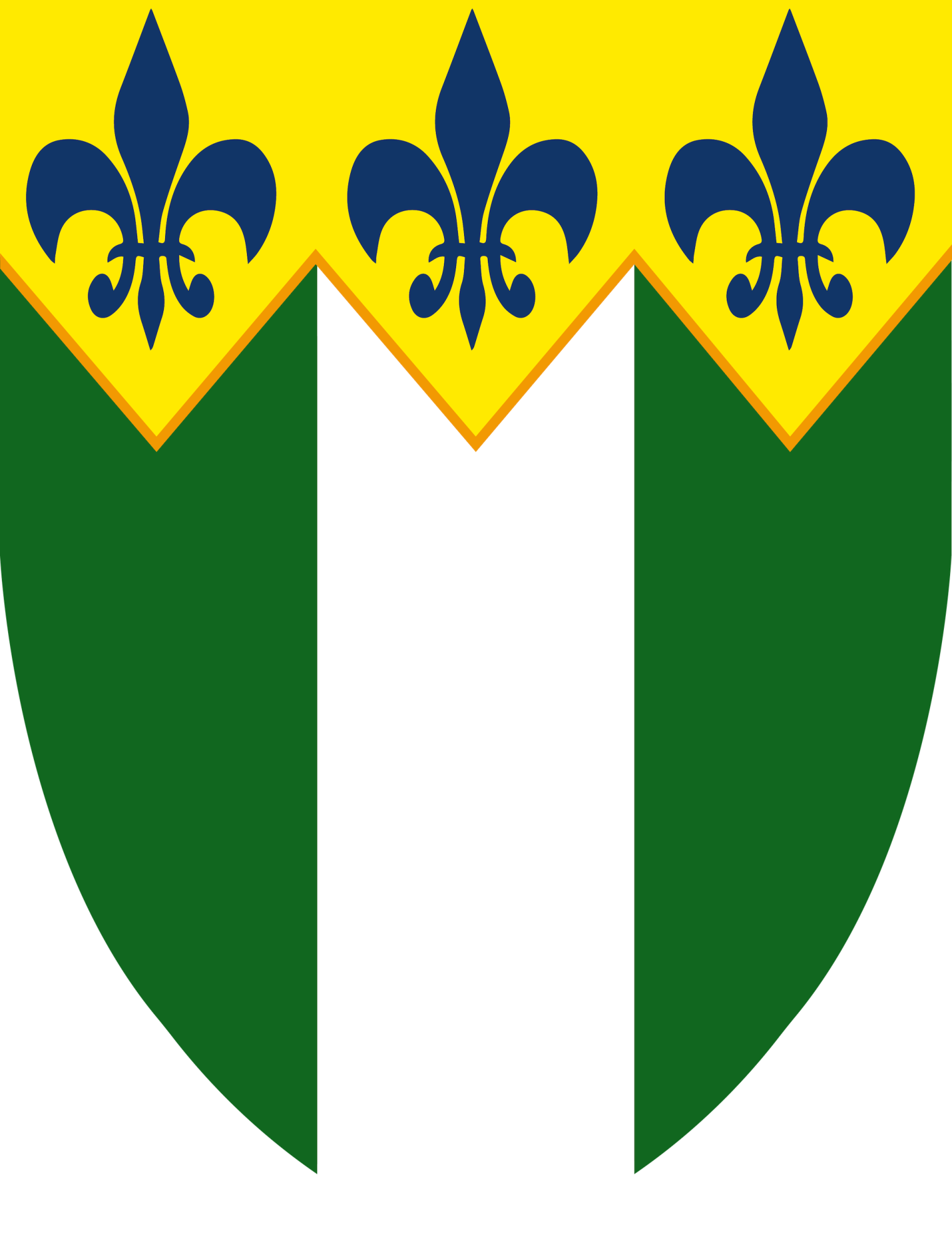Modern Foreign Languages
Curriculum Statement
In MFL, we want to open students to new horizons by teaching them French or Spanish but also the wide cultures of the French and Spanish speaking countries. We want to nurture students’ love of literacy and encourage them to take risks by using the target language as much as possible. This will have, in the long term, a massive impact on their confidence and their ability to adapt to new situations. We want to nurture this sense of wider community and citizenship and by ensuring languages are taken seriously, we also ensure that other cultures in general are respected.
Key Stage 3:
We offer a wide range of activities, from games and songs to grammar exercises. We ensure all types of learners are included in our lessons by using pictures, mimes and doing a lot of speaking practice and we ensure they can be proud of their work by being able to interact in the lessons in the target language but also by being able to produce meaningful written work. The variety of activities is the best way to ensure differentiation is embedded in our lessons. The use of games and competition has proven to be efficient at making students actively participate in the lesson as well as develop their confidence and develop respect within the classroom.
We develop all the vocabulary and grammar skills necessary for the GCSE throughout KS3. We ensure that our curriculum is interesting and adapted to the abilities of our students. We regularly review our curriculum so we know what we need to further develop in order for all students to make progress, as every year group and every student has different needs and different profiles.
Students will gain a better understanding of grammar and of their own languages by studying how the language works and how we make different sentences structures. They will: learn how to conjugate verbs in several tenses; understand what pronouns are and how they work; use a wide range of language, including nouns, adverbs, adjectives, comparatives; understand negative sentences; be able to recognise, produce and answer questions.
Not all students in our school choose a language for GCSE. We need to ensure we foster the love for language so they can choose our subjects as GCSE options.
Key Stage 4:
The GCSE is designed so students will be assessed on 4 skills: listening, reading, writing and speaking. To be able to sit these exams, students should be confident, have good pronunciation, good reading skills and vocabulary skills. They need to be able to understand small conversations and be able to answer questions in a developed manner. They need to understand texts, answer questions in the target language or in English, translate, and apply all the skills developed in KS3 but using the extended vocabulary studied in KS4. They should also prepare a set of 100 questions at least in the target language to prepare them for their speaking and writing exams. Through all this practice, they should become more confident learners.
Topics: they have 3 themes to study that cover several topics, including:
Theme 1: Identity and culture
- family and friends
- free time
- festivities and festivals
Theme 2: Local, national, international and global areas of interest
- home and town
- global issues
- holidays
- social issues
Theme 3: Education and post-16
- school
- future studies and employment
From 2024 the GCSE will cover new themes:
Theme 1: People and lifestyle
This theme covers the following three topics:
- Topic 1: Identity and relationships with others
- Topic 2: Healthy living and lifestyle
- Topic 3: Education and work
Theme 2: Popular culture
Theme 2 covers the following three topics:
- Topic 1: Free-time activities
- Topic 2: Customs, festivals and celebrations
- Topic 3: Celebrity culture
Theme 3: Communication and the world around us
Theme 3 covers the following three topics:
- Topic 1: Travel and tourism, including places of interest
- Topic 2: Media and technology
- Topic 3: The environment and where people live
Grammar: the essential skills to create meaningful language
Verbs: present, perfect and imperfect tense, simple and near futures, conditional and awareness of subjunctive
Structures: negative sentences, questions, complex sentences, adverbs (time phrases, frequency ...)
Vocabulary: a wide range of lexicon
- Exams skills: a variety of skills is necessary to cover the 4 papers and the different types of tasks they have to complete
- Reading and answering questions in English
- Being able to understand spoken language
- Recognising keywords for multiple choice questions
- Being able to apply grammatical knowledge
- Being able to translate texts, ensuring accuracy of vocabulary, tenses and structures.
- Producing a variety of paragraphs
- Being able to understand prepared and unprepared questions and answer them for the speaking
- Being able to write accurately in the target language a text dictated orally
- Being able to read out loud a text / sentences.
- Being able to describe a picture
Please email Miss Bernardi at s.bernardi@friern.barnet.sch.uk if you have any questions regarding Modern Foreign Languages.
